Indeed, it takes time and commitment to be a responsible pet owner. It’s not just about providing for your four-legged friend; you also need to be mindful of others around you — including the native wildlife.
Here are some helpful hints on how to be a responsible pet owner so that you and your pooch or puss can enjoy lots of fun times together, with few mishaps.
Register your animals
Registering your pet with the local council is an important step to take in order to be a responsible pet owner. All pets over the age of approximately three to six months (it varies state by state, so check with your local council) need to be registered with the council.
Undoubtedly, it is in your best interest to do so. Should your pet ever get lost, the registration teamed with the pet’s microchip will help whoever finds them deliver your furry friend back home safely. Plus, depending on your council, it could save you from forking out for a significant fine! Contact your local council for more information.
Alongside registering your pet with the council, don’t forget to register your furry pal with your local vet. This will help ensure your new family member receives the best care, and quickly, should they fall ill or sustain an injury. Regular check-ups at your vet, (this is particularly the case for senior pets) can prevent initially minor problems from progressing into bigger, painful or potentially life-threatening issues in the future. Just like with humans, prevention is always better than a cure. (Probably less expensive too!)
Image source: Max Böttinger on Unsplash
Protect the natives
Being a responsible pet owner means enjoying the company of your pet while also protecting the native birds and wildlife around you.
Keeping cats inside or on a leash when going out and about is important for the safety of native wildlife. Bringing a cat into your family can bring much joy to your household. Indeed, a cat’s purr has been scientifically proven to help relieve stress in humans.
However, a new cat in the neighbourhood might be a cause of stress to the local native wildlife—unless you’re a responsible pet owner, of course!
Cats are natural predators of birds, rodents, possums and other wildlife that might make your property or garden their home. If you allow your cat to roam outdoors make sure they’re on a leash or you have a close eye on them. Plus, be sure to bring Felix inside at night, when nocturnal animals are most at risk from predators.
Keep your pet secure
Make sure your garden fences are secure and high enough for your dog. The last thing you want is Fido finding a hole in the fence and getting loose and potentially injured or lost. Remember, some dogs are excellent jumpers and if frightened—by fireworks or thunder, for example—or excited by the sound of the new neighbours in the next yard, some springy pooches can jump surprisingly high. Getting loose from your yard could land your fur pal in real trouble.
Make sure to walk around your property and check your fence for any loose palings, which can be repaired or securely blocked. Also, make a realistic decision as to whether your fence is high enough to contain your dog, and what you will do if it isn’t.
Don’t forget to get down to your dog’s height to see if there are any sneaky little breaks or gaps in the fence.
Also be mindful of your responsibility to keep your pet safe when in public areas – always keep them on a leash. Even if you think they are OK with other dogs and people, there may be other dogs around that are not friendly and your dog could end up in an altercation just by being friendly. Of course it’s double important to have them on a leash when there is traffic around – even the best behaved and trained dog can be distracted and run onto a road.
Image source: Zoe Ra on Unsplash
Scoop your poop
Be it cleaning out your cat’s litter tray, picking doggie doo up off your garden or making sure to scoop up your dog’s poop on your daily walk to the park, it is important to clean up your animal’s leavings for a variety of reasons.
Cats are, thankfully, very clean animals and don’t like to use a previously soiled litter tray. So, for Felix’s comfort, clean out any number twos daily and refresh the litter tray weekly or when it needs it. This will keep your kitty happy and hopefully prevent him or her from doing its business behind the couch instead of the litter tray.
The same goes for dogs and poop in the backyard. It’s unpleasant not just for you, but for other members of your family and houseguests to potentially find poop squished under their shoe. Eww!
Additionally, pet waste can be extremely dangerous to the health of both animals and humans alike. It can contain a whole host of bacteria, viruses and germs that can infect other animals and humans. Some of which include Campylobacter, Salmonella, Yersinia and E. coli.
Picking up and disposing of your dog’s poop at home and when out in the neighbourhood is not only respectful of public property and others using it, but can prevent the spread of some potentially serious diseases.
What’s more, leaving your dog’s waste in public places is illegal and could land you with a fine. Isn’t it in everyone’s best interest to dispose of your pets poop responsibly?
Insure your pets
How many horror stories do you hear about extortionate vet bills? Well, one way to protect your pet is to take out pet insurance. This helps to ensure that if Felix or Fido were to have an accident you’d be able to afford to get them the treatment they need without causing too much money-related stress to yourself.
Being a responsible pet owner is all about thinking and doing what is best for the good of your pets, but also your family and neighbours.
Certainly, being a responsible pet owner starts before you even bring home your fur pal. It comes into play the moment you consider getting a pet and last the length of your pet’s life.

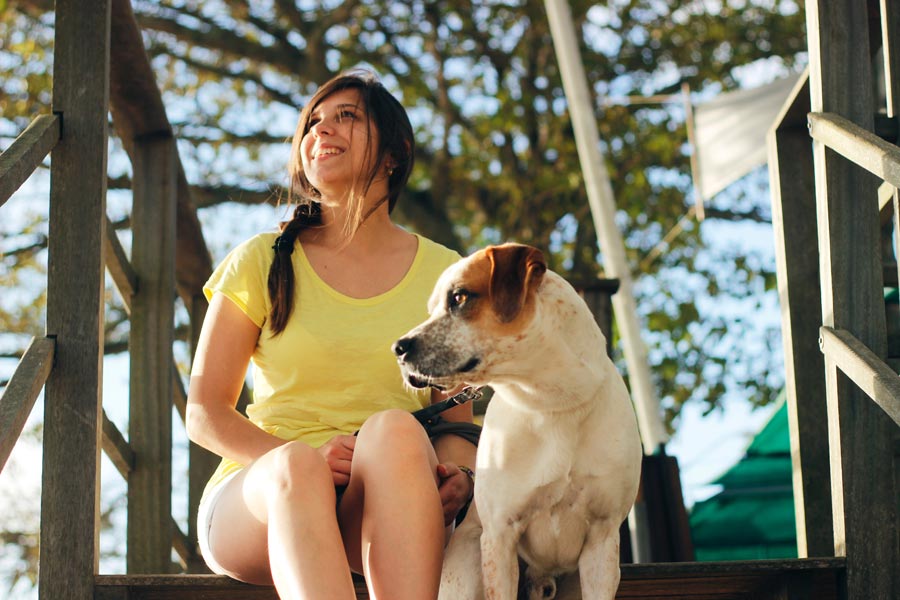
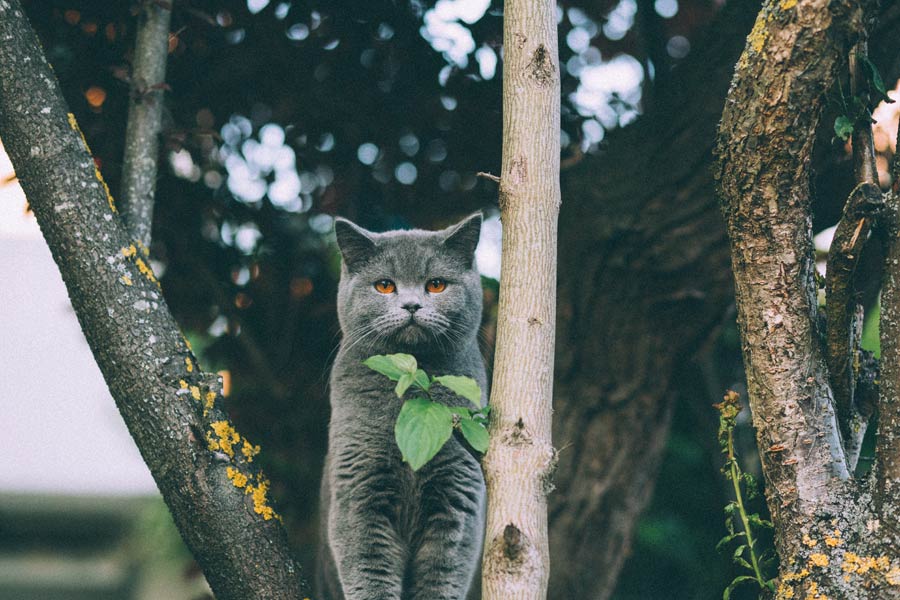
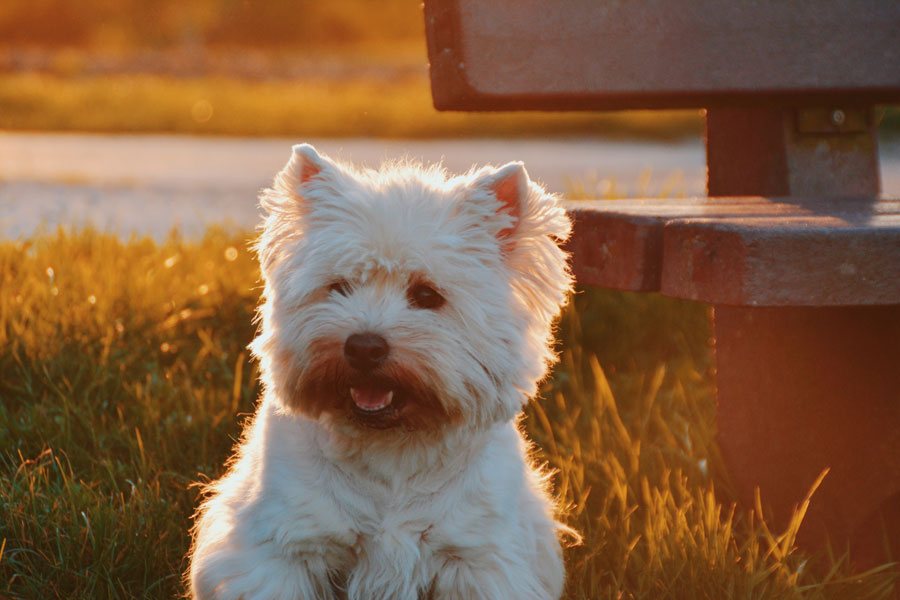



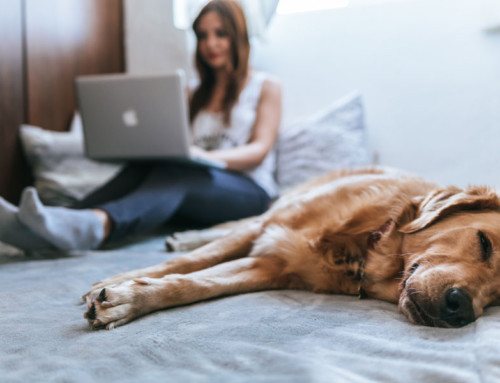
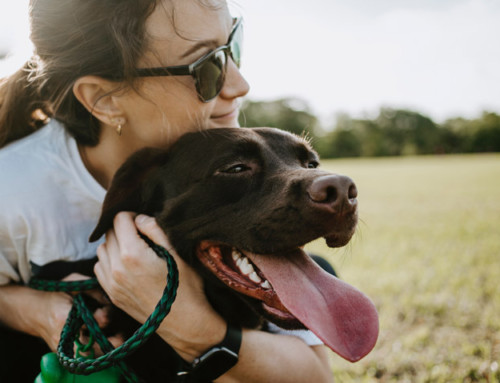
Thanks for this, very important points here especially the registration with the local council, microchip register and scooping the poop! Also I’d add – take responsibility for your pet when in public areas like footpaths and roads – always keep them on a leash when there’s traffic around.
Great feedback. Thanks will incorporate as you suggest. Liz